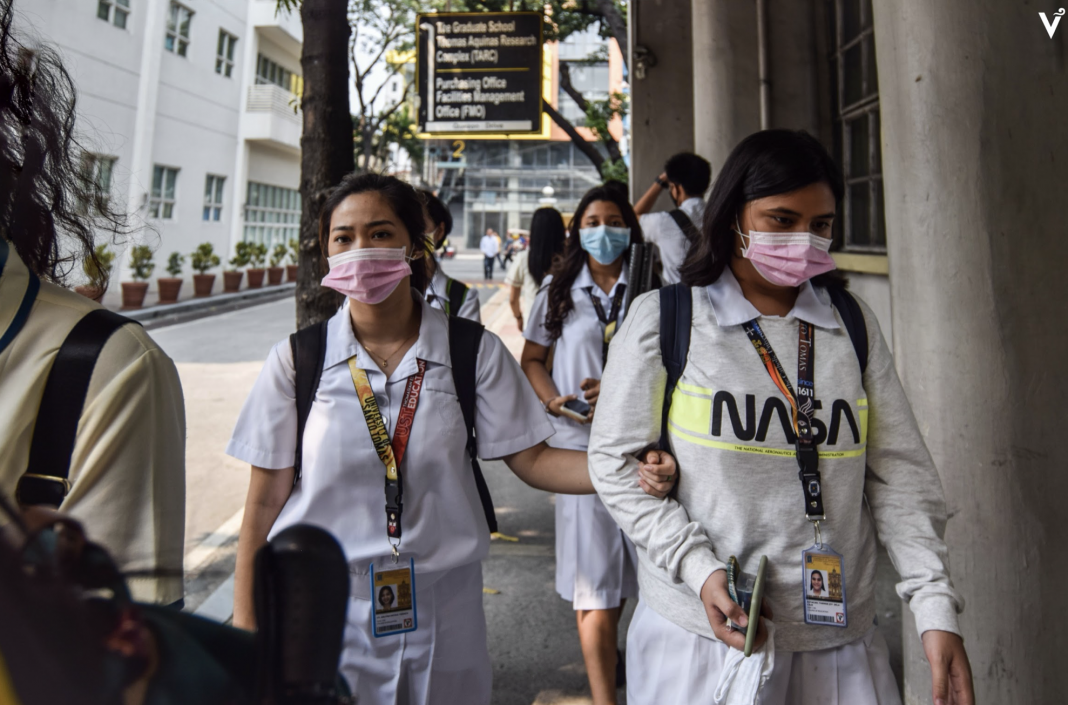THE UST Hospital (USTH) denied on Tuesday it had admitted a patient that tested positive for the 2019 novel coronavirus (2019-nCoV).
“We would like to inform the public that there is no truth to the circulating news on social media and text messages of a Novel Coronavirus patient in the USTH,” the hospital’s Office of the Medical Director said in an advisory.
The USTH said it has an established protocol in handling patients suspected with 2019-nCoV.
Dr. Jay Ron Padua, an infectious diseases specialist, said the hospital’s Infection Prevention and Control Committee follows a ”specific pathway” for these cases.
“[T]he endpoint is to stabilize the patient and transfer [them] to the designated specialty hospital which includes the Research Institute Tropical Medicine (RITM) San Lazaro and Lung Center of the Philippines,“ Padua told the Varsitarian in an online interview.
The Department of Health (DOH) said on Monday that some patients were being monitored at San Lazaro Hospital in Manila after they showed signs similar to that of 2019-nCoV. One of them died of pneumonia on Wednesday.
There are still no confirmed cases of the 2019-nCoV in the country, the DOH said last Jan. 27.
The USTH reminded the public get information only from official sources such as the DOH.
Signs and symptoms
In a memorandum dated Jan. 23, Health Service Director Sheryl Dionisio said Thomasians with recent travel history to countries with confirmed cases of nCov and those with symptoms should report to the Health Service for monitoring and clearance.
“We advise all those who…developed signs and symptoms of cough, cold, fever, throat pain and difficulty in breathing…to stay at home and seek immediate consultation and treatment,” the memorandum read.
Thomasian public health specialist Alvin Rey Flores said symptoms of this coronavirus include fever, runny nose, headache and sore throat. In other cases, diarrhea or malaise may occur.
“In severe cases, this can also lead to shortness of breath, difficulty in breathing, and pneumonia,” he added.
Flores said there are no available vaccines to prevent infection, but there are preventive measures.
He said people should make it a habit to wash their hands regularly and practice the right etiquette when sneezing or coughing.
Eating healthy food and taking multivitamins with Vitamin C and Zinc strengthens the immune system against 2019-nCov, Flores said.
If a person exhibits symptoms, it is best to practice self-isolation and stay at home, he said.














